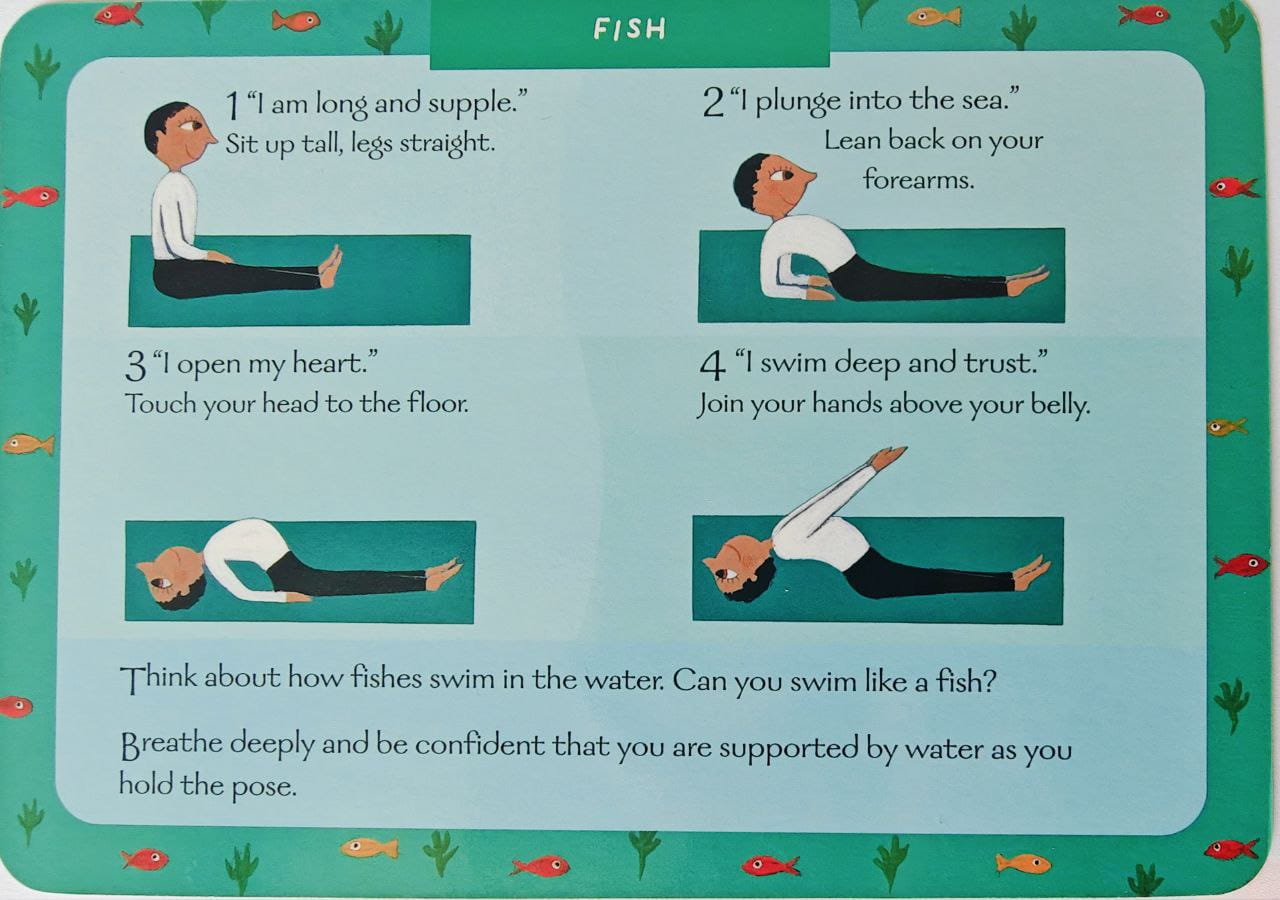To start off, let's delve into the importance of school counseling. School counselors serve as a beacon of support for students during their formative years, providing a safe space for them to express their thoughts, feelings, and concerns, fostering emotional wellbeing and mental health from an early age. Our students are also equipped with coping skills, guidance and practical solutions based on their needs and concerns.
At NISC, school counselling is child-centered where students are treated with unconditional positive regard, with their safety and wellbeing at the heart of the counselling process. In addition to that, school counseling at NISC plays a crucial role in early intervention and prevention of potential challenges that may hinder a child's wellbeing.
Through the process of identifying areas of concerns using the counselling referral process where concerns can be shared by students, parents, and teachers – everything from behavioral issues, emotional regulation, family dynamics, or social isolation can be shared and worked through during counselling sessions to provide timely interventions and provide adequate support.
Another way that we center student wellbeing at NISC is by working to provide comprehensive PSHE (personal, social, health, and economic wellbeing) education which complements the efforts of school counseling.
Through PSHE curriculum development and implementation including the units of inquiry in the PYP curriculum, students learn about diverse topics such as personal growth, friendships, health and wellbeing, and economic literacy in a way that is relevant to our context here in Cambodia. These lessons are being designed to empower students with the relevant knowledge and skills needed to make informed decisions, overcome challenges, and lead fulfilling lives.
The promotion of positive mental health and emotional resilience lies at the heart of the development and implementation of our PSHE curriculum. By fostering open discussions about emotions, self-esteem, and coping strategies, PSHE can empower our students to understand and manage their mental well-being effectively. Furthermore, topics such as healthy relationships, consent, and online safety can equip children with the tools to navigate social interactions and digital spaces responsibly, fostering a culture of respect and empathy from an early age.
Lastly, through discussions on diversity, equality, and social justice, students learn to embrace differences, challenge stereotypes, and advocate for positive change in their communities which aligns well with the NAE EDIB Policy which promises a commitment to stand against inequality and discrimination.
The combination of school counseling and PSHE education curriculum development at NISC is essential for fostering the holistic development of students and aligns with the NAE education strategy which emphasizes student wellbeing.
By investing in these student wellbeing pillars, we nurture the wellbeing of individual students and cultivate a student community with a powerful sense of belonging, equity, and inclusion.





